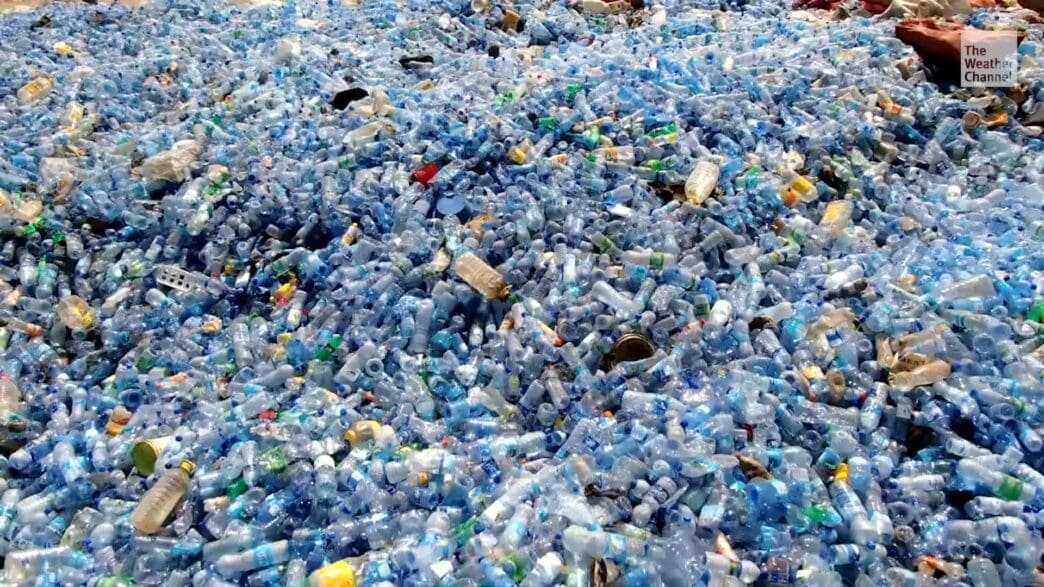A growing body of scientific evidence suggests that reusing plastic water bottles, commonly seen with single-use plastics, may pose health risks.
Plastic water bottles, typically meant for single-use, have become ubiquitous in daily life. However, their reuse can have unintended consequences. Experts emphasize that repeated use can lead to the leaching of harmful chemicals from the plastic into the drinking water. Studies indicate these chemicals can include endocrine disruptors, which may affect hormonal balance in humans.
Another significant concern with reusing plastic bottles is the potential for bacterial contamination. Once a bottle has been opened, residual moisture can create an ideal environment for bacteria to multiply. Without proper cleaning, this could lead to serious health risks as these microbes can cause illnesses.
Furthermore, the physical integrity of the bottle degrades over time. As the plastic weakens with repeated use, it can break down into microplastics. These tiny particles are not just a pollutant to the environment but can also be ingested, posing additional health risks. Scientists continuously study the long-term effects of ingesting microplastics, but potential adverse impacts cannot be ruled out.
While the convenience of reusing plastic bottles is undeniable, the potential health risks suggest that individuals should consider alternative options, such as reusable metal or glass containers, to ensure safety and sustainability.
Source: Weather








